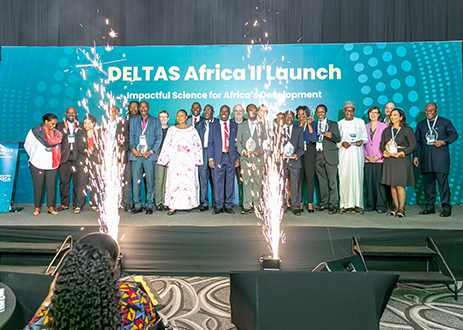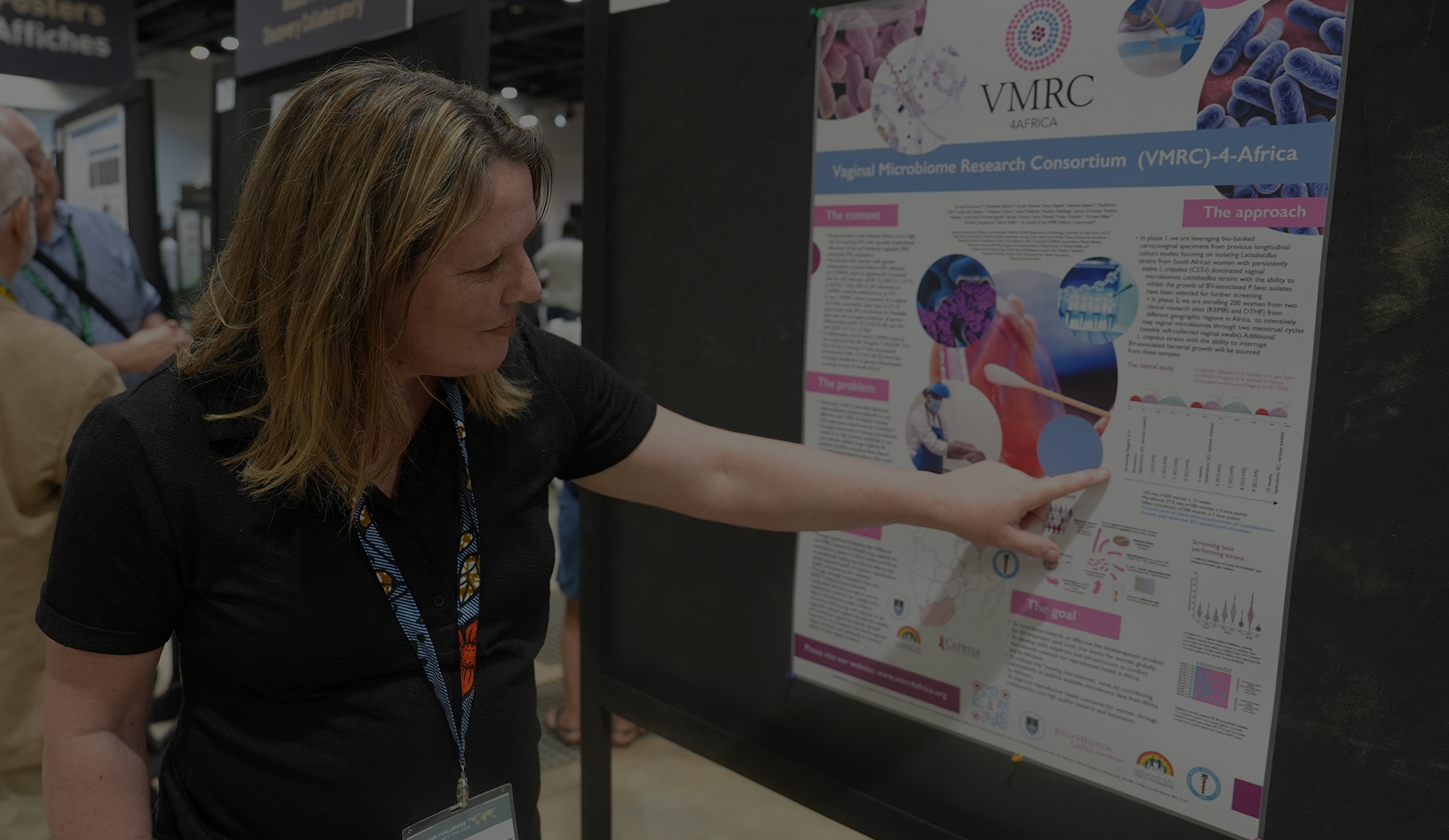Through our LEARN R&D Consortia programme, the SFA Foundation fosters scientific leadership and research excellence across the continent. The LEARN R&D Consortia programme facilitates the establishment and growth of robust networks comprising universities, research institutions and talented individuals at various academic levels – master's and PhD students, postdoctoral fellows and established, globally competitive research leaders.
- A Collaborative Approach, fostering partnerships and collaborations among universities, research institutions, and other stakeholders across Africa and the global North. It encourages joint research projects and knowledge-sharing to build a strong and interconnected research network within the continent.
- Capacity Building, providing financial support to universities and research institutions to attract and retain talent at various academic levels. Focus is on Masters, PhD, and postdoctoral programmes to develop a skilled and diverse pool of globally competitive researchers who can contribute to Africa's scientific growth.
- Mentorship and Guidance, establishing mentorship programmes that connect experienced researchers with early-career scientists. It encourages knowledge transfer, skill development and guidance to optimize research outcomes and foster a culture of scientific leadership.
- Research Environment Enhancement, investing in research infrastructure, equipment and facilities to create a conducive environment for scientific inquiry. It supports the development and improvement of laboratories and research centers within African institutions to promote cutting-edge research.
- Policy Advocacy, engaging policymakers and decision-makers to highlight the importance of evidence-based policy development and decision-making. It collaborates with government agencies to create a favourable environment for research funding and enable the utilization of research outcomes for policy formulation.
- Monitoring and Evaluation, implementing robust monitoring and evaluation systems to measure the impact of the programme and ensure its continuous improvement. It regularly assesses the progress of universities, research institutions, and individuals involved in the programme and provides necessary support and feedback.
- Public Engagement, promoting the visibility of scientific research and its impact on Africa's sustainable development goals through public engagement initiatives. It organizes science communication workshops, public lectures, and outreach programmes to create awareness and inspire the next generation of scientists.


